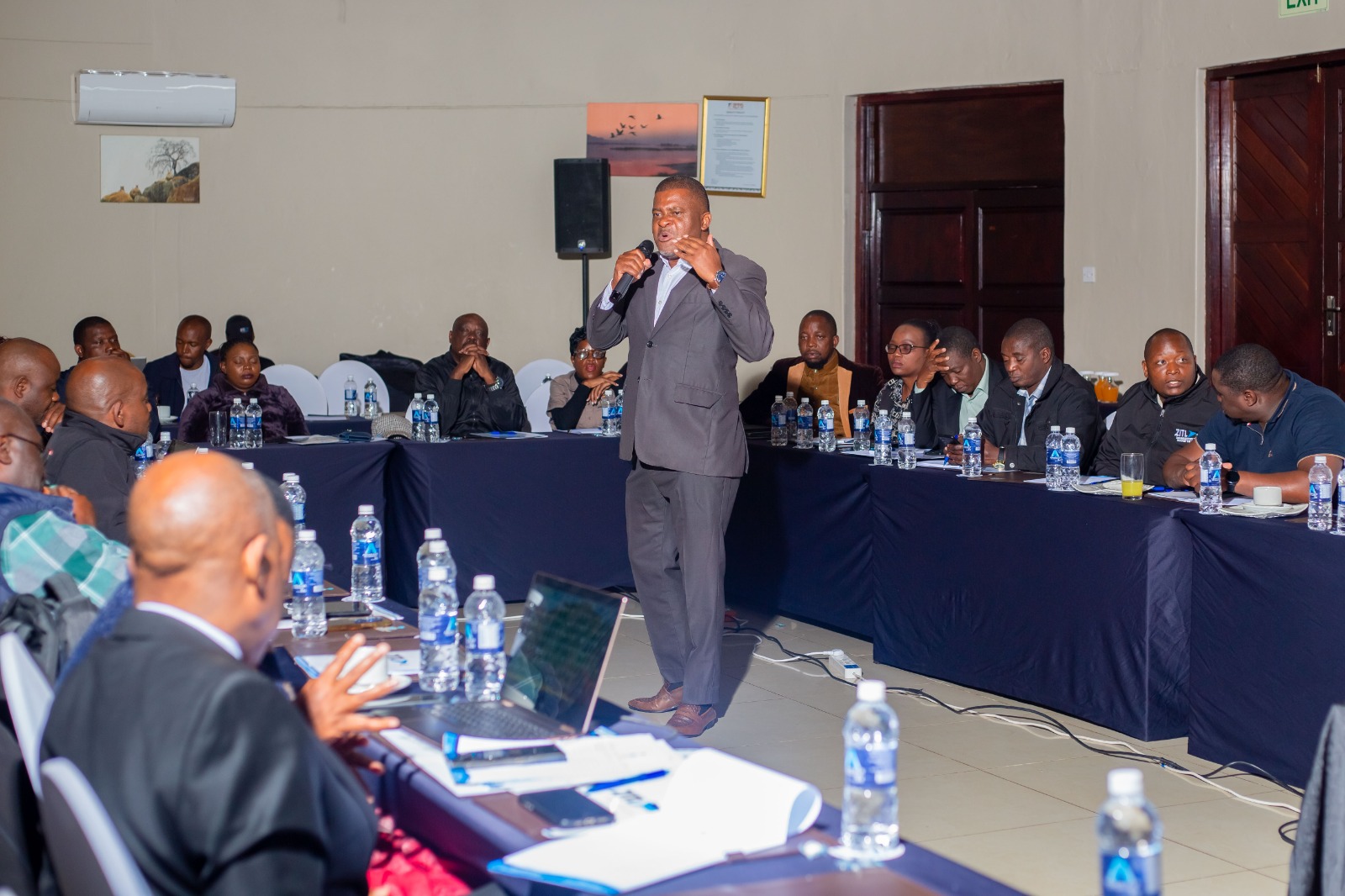Understanding Due Diligence: A Guide to Informed Decision-Making
What is due diligence?
Due Diligence is a systematic and thorough investigation process undertaken by an organization or individual before entering into an agreement, transaction, or partnership. It is the essential groundwork for verifying facts, assessing risks, and uncovering potential liabilities associated with a business decision.
Think of it as the “homework” or “health check” of the business world. It moves decision-making from a reactive, assumption-based process to a proactive, evidence-based one. The ultimate goal is to ensure that all parties have a clear and accurate understanding of what they are committing to, thereby preventing costly mistakes and fostering sustainable success.
It involves reviewing and verifying any relevant information including, but not limited to:
- A company’s financial health
- Operations
- Compliance
- Risk
- Liabilities

Why is due diligence necessary?
Conducting rigorous due diligence is not an optional expense; it is a critical investment in risk management and long-term value creation.

It is essential because it:
Mitigates Financial and Legal Risks: Uncovers hidden liabilities, overstated assets, or pending litigation that could cripple the investment post-acquisition.
Informs Accurate Valuation: Provides the factual basis for negotiating a fair purchase price and structuring the deal terms.
Protects Reputation: Identifies potential red flags related to unethical practices, regulatory non-compliance, or poor governance that could damage your brand.
Enables Informed Decision-Making: Empowers executives and boards to proceed with confidence, delay negotiations, or walk away from a bad deal altogether.
Facilitates Smother Integration: Reveals operational and cultural challenges early, allowing for better planning and a higher chance of achieving synergies.
Ensures Regulatory Compliance: Helps avoid severe penalties and legal entanglements by ensuring the target company operates within the bounds of the law.
Types of Due Diligence
1. Financial Due Diligence
Focus: Examining the historical and projected financial health of a business.
2. Key Activities: Analyzing financial statements, auditing assets and liabilities, assessing cash flow, reviewing revenue streams, and evaluating the quality of earnings.
Legal Due Diligence
Focus: Reviewing the legal standing and obligations of the entity.
Key Activities: Scrutinizing contracts, litigation history, intellectual property rights, compliance with laws and regulations, and corporate structure.
3. Commercial Due Diligence
Focus: Assessing the market position and commercial viability of the business.
Key Activities: Analyzing the target’s market share, competitive landscape, customer base, sales pipeline, and growth prospects.
4. Operational Due Diligence
Focus: Evaluating the efficiency and robustness of the company’s operations.
Key Activities: Reviewing supply chain management, IT systems, internal processes, physical assets, and environmental, health, and safety (EHS) compliance.
5. Compliance & Regulatory Due Diligence
Focus: Ensuring the entity adheres to all relevant laws, regulations, and industry standards.
Key Activities: Checking for licenses and permits, anti-bribery and corruption (ABC) compliance, data protection practices (e.g., POPI, GDPR), and adherence to financial regulations.
6. Environmental, Social, and Governance (ESG) Due Diligence
Focus: Assessing the company’s impact on the environment and society, and the quality of its corporate governance.
Key Activities: Evaluating environmental impact and liabilities, labor practices, community relations, board diversity, and shareholder rights.